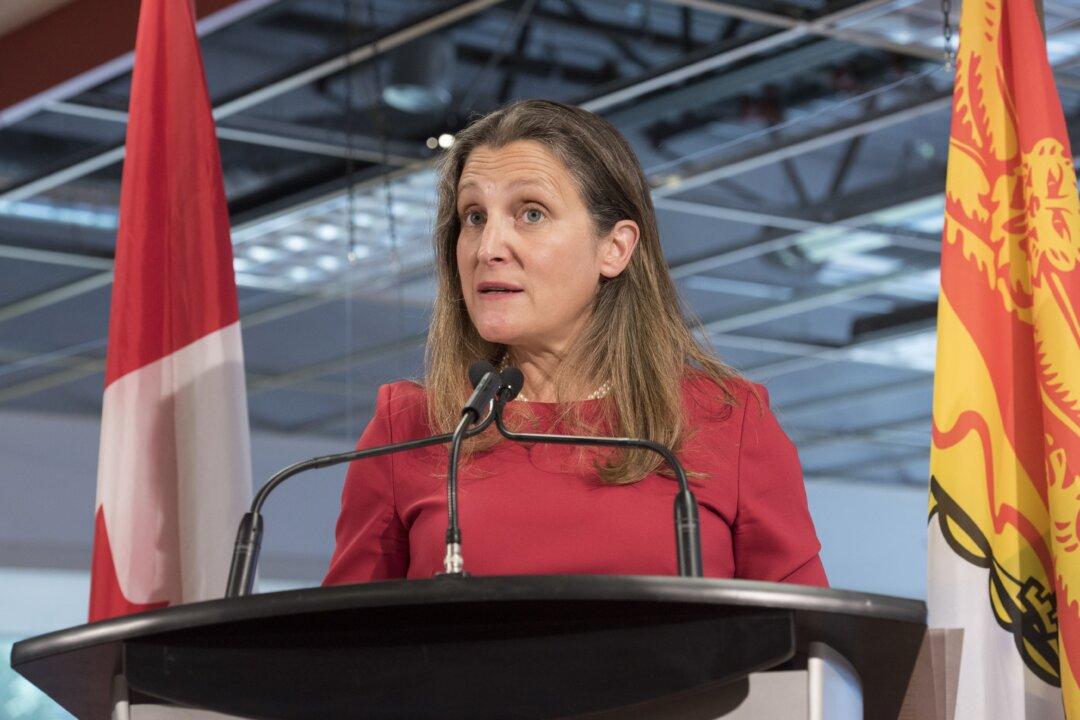The Canadian government will postpone and possibly scrap its digital services tax on Big Tech after signing a global pact with 135 other countries to overhaul the way large multinational companies are taxed.
The agreement, reached by members of the Organisation for Economic Co-operation and Development (OECD) on Oct. 8, imposes a global minimum corporate tax of 15 percent on big multinational companies starting in 2023.





